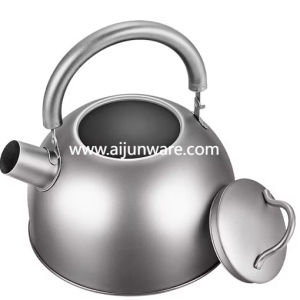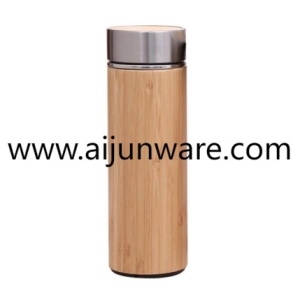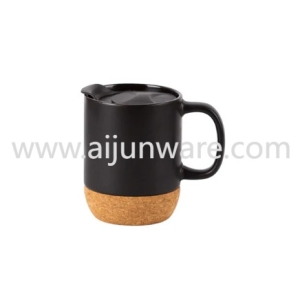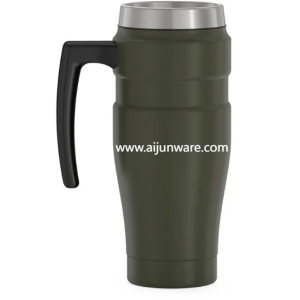When you set out on a trail, gear that can do more with less becomes a quiet kind of victory. A thoughtfully designed Bamboo Thermos Flask can be the kind of piece that replaces several single use items by keeping liquids at the right temperature and serving as a makeshift bowl or pot in a pinch. Choosing multifunctional items reduces what you carry and what you will need to pack out, and that small shift adds up to fewer single use wrappers and less rubbish left at camp.
Outdoor ethics have shifted in recent seasons as more people seek low waste ways to enjoy nature. The Leave No Trace principles emphasize packing out trash and minimizing the stuff you bring in and discard. Translating that into practice means planning meals that need fewer packaging elements and selecting cookware that doubles up for several tasks so there is less to dispose of along the way. A compact kit built around a dependable flask and one pot simplifies the decision making at the trailhead and lowers the chance of leaving behind unwanted items.
The practical value of a multi use pot system shows up at mealtime. A single container that holds hot water for rehydrating meals also serves as a drinking vessel a mixing bowl and a storage jar for leftovers. On cooler evenings that same flask or pot helps conserve fuel since you boil once and use the thermal properties of the container to keep food warm between servings. This approach shortens cleanup tasks and reduces the need for disposable plates and single use utensils at the campsite. Outdoor guides and articles on sustainable camping endorse repackaging food and minimizing disposable waste as small steps that produce big impacts on popular trails.
Material choices matter when you aim to reduce waste. A bamboo sleeve around a vacuum insulated core offers a renewable exterior that is also tactile and repairable. The inner insulation preserves temperature while the outer surface provides grip and style without relying on single use wraps. Many modern designs include lids that double as cups or bowls and interiors that are easy to clean so you do not need throwaway containers. Selecting gear that cleans easily and resists staining makes it practical to reuse items day after day on long trips.
Beyond the core container, a compact one pot strategy invites creativity. Use the pot to steep tea after cooking pasta. Use the same vessel for morning coffee and as a small basin for washing cutlery. Swap disposable snack packs for reusable pouches that sit inside the pot for transport and then empty directly into the heated vessel for a single pot meal. Simple packing strategies like these shrink the volume of trash you generate and lighten your pack at the same time. Advice from outdoor educators highlights that thoughtful repackaging is one of the most effective steps to cut trail waste.
There is also a social side to low waste trail cooking. A communal cooking routine where one person boils and others eat from the same pot reduces packaging and fosters a sharing mindset. When groups commit to reuse rather than throw away it creates positive peer pressure and sets a visible example for other hikers. Camps and guide outfits that shift toward reusable serviceware report lower waste footprints and smoother meal clean up processes as a result.
If you want to test the concept start with a small kit built around a versatile flask and one pot. Practice using the flask as a pouring vessel a serving bowl and a way to keep drinks hot before you take it on a longer trip. Adopt simple cleaning routines that use small amounts of biodegradable soap and scatter strained wash water well away from water sources. Over time these habits make low waste camping feel natural rather than restrictive. Guidance from reputable outdoor sources underscores that small behavioral changes add up when many people adopt them.
A reduced waste approach on the trail is both practical and satisfying. Choosing multifunctional items like a bamboo wrapped insulated flask helps you carry less create less trash and focus on the part of the trip that matters most time spent outdoors. If you are interested in products made to support a compact one pot system and sustainable packing habits look through available choices at www.aijunware.com/product/ .





